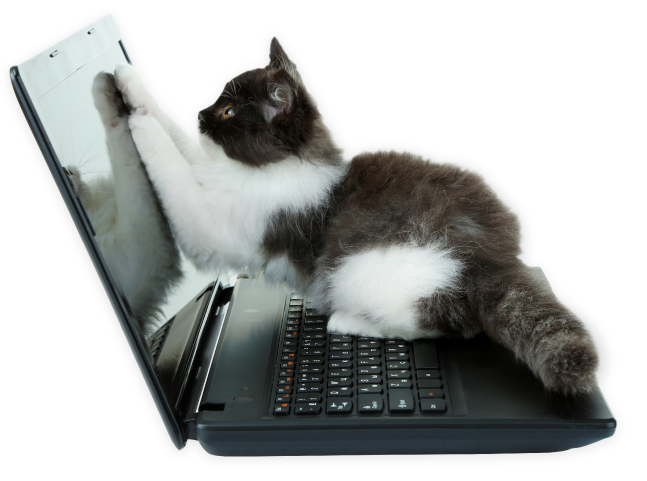Here are some options for you:
Go back to our homepage
Return to the previous page
Try an animal search

Here are some options for you:
Go back to our homepage
Return to the previous page
Try an animal search


Help all creatures great and small by making a monthly or single gift. Your support will help us to continue to rescue, rehabilitate and rehome animals every day.

Without our valued volunteers, RSPCA Qld would not be able to help the many abused, abandoned and injured animals that come into our care every year.

Our goal is to find safe, loving homes for the many animals in our care. Why not take a look at the beautiful animals waiting patiently to find a home now.